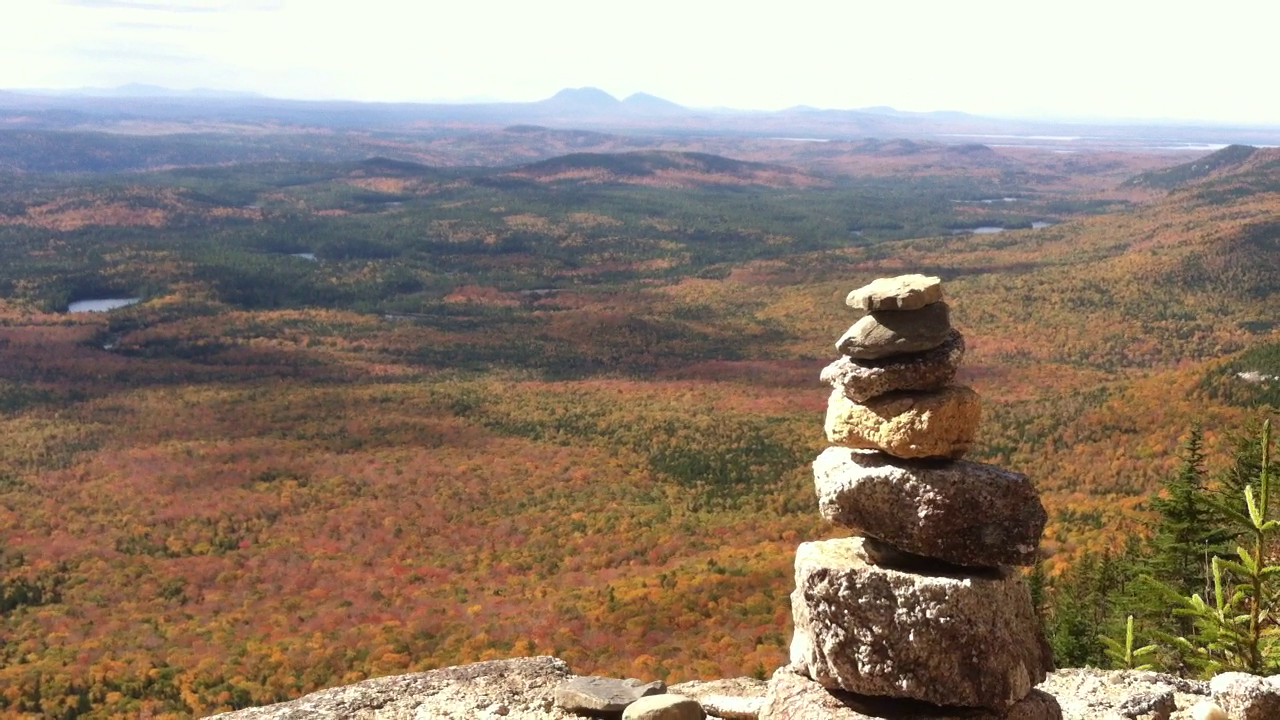This society finds defining the world around us irresistible. We gave names to the trees, the animals, the weather and the winds. We have developed scientific principles in order to understand the inner workings of the natural world, to give structure to the systems operating around us and to explain all those events that amaze, delight, and bewilder us like the Aurora Borealis, the oceanic tides and the plague of mosquitoes that descend on us in May. Naming the little things was easy; water lily, fire ant, Bengal tiger, orchid and cumulonimbus. We have filled books, museums, and little children’s heads with all this knowledge of the cosmos for centuries, but we, as a culture have long botched the charge of connecting the micro data with the macro processes of the Earth; instead leaving the task up to the church or the state. Sigurd Olson described this larger existence as the “intangibles,” or those things that have no measure but are intrinsically indispensable for the continued health and prosperity of all beings on Earth.
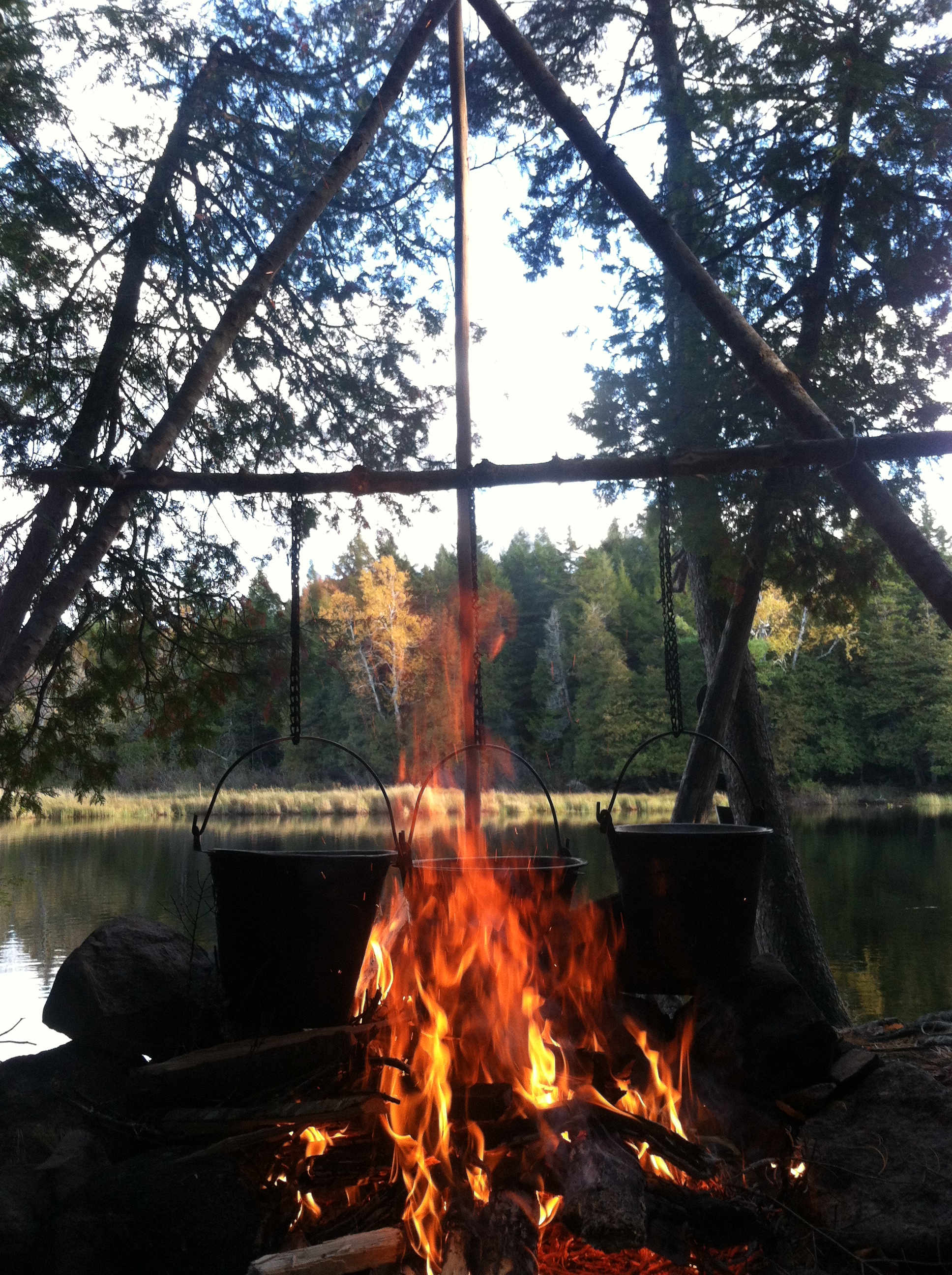 No one would deny our knowledge of, well, stuff. This Earth has lots of it and we can’t get enough of it. But it is when science pulls back the lens that we begin to lose focus, begin to lose comprehension of the fantastically diverse and intertwined complexity of our global ecosystem. We blindly take stabs at naming what we see- park, forest, preserve, desert, refuge, ocean wilderness, estuary, sanctuary, ect., but each falls short of describing the entirety of those biomes. As Jack Turner says in The Abstract Wild, “The ‘normal’ wilderness -the wilderness most people know- is a charade of areas, zones, and management plans that is driving the real wild into oblivion.” Maybe this is one thing we don’t need to name for now, so let’s move on accepting the term “wilderness,” as there are bigger questions to answer.
No one would deny our knowledge of, well, stuff. This Earth has lots of it and we can’t get enough of it. But it is when science pulls back the lens that we begin to lose focus, begin to lose comprehension of the fantastically diverse and intertwined complexity of our global ecosystem. We blindly take stabs at naming what we see- park, forest, preserve, desert, refuge, ocean wilderness, estuary, sanctuary, ect., but each falls short of describing the entirety of those biomes. As Jack Turner says in The Abstract Wild, “The ‘normal’ wilderness -the wilderness most people know- is a charade of areas, zones, and management plans that is driving the real wild into oblivion.” Maybe this is one thing we don’t need to name for now, so let’s move on accepting the term “wilderness,” as there are bigger questions to answer.
So why do flies matter? Because the frogs need to eat. Why do cedar groves matter? Because the deer need them to make it through the winter. Why does Lake Superior matter? It serves to hydrated trillions of life forms. Easy right? We know these things; elementary school children know these things, so why then, does wilderness matter?
The problem is two-fold. First, the philosophical idea of the wilderness is well beyond the scope of what can be learned in one sitting, as say one could study a snail or a stand of quaking aspen in one sitting and garner at least a basic understanding of what that critter means to the larger biotic community around it. This is not the same for the study of the wilderness. Where the snail and aspen are definite entities with distinguishable borders and predictable behaviors, the wilderness is ethereal in nature, so consequently these areas that we deem wildernesses are without easily recognizable boundaries and have few quantifiable qualities. So when we partition off the land into wilderness borders, we inevitably sever the wilderness from migratory routes, food resources and breeding grounds relied on by it’s species; effectively making the wilderness an island community which, as modern ecologists tells us, is a bad thing for the long term health of the ecosystem.
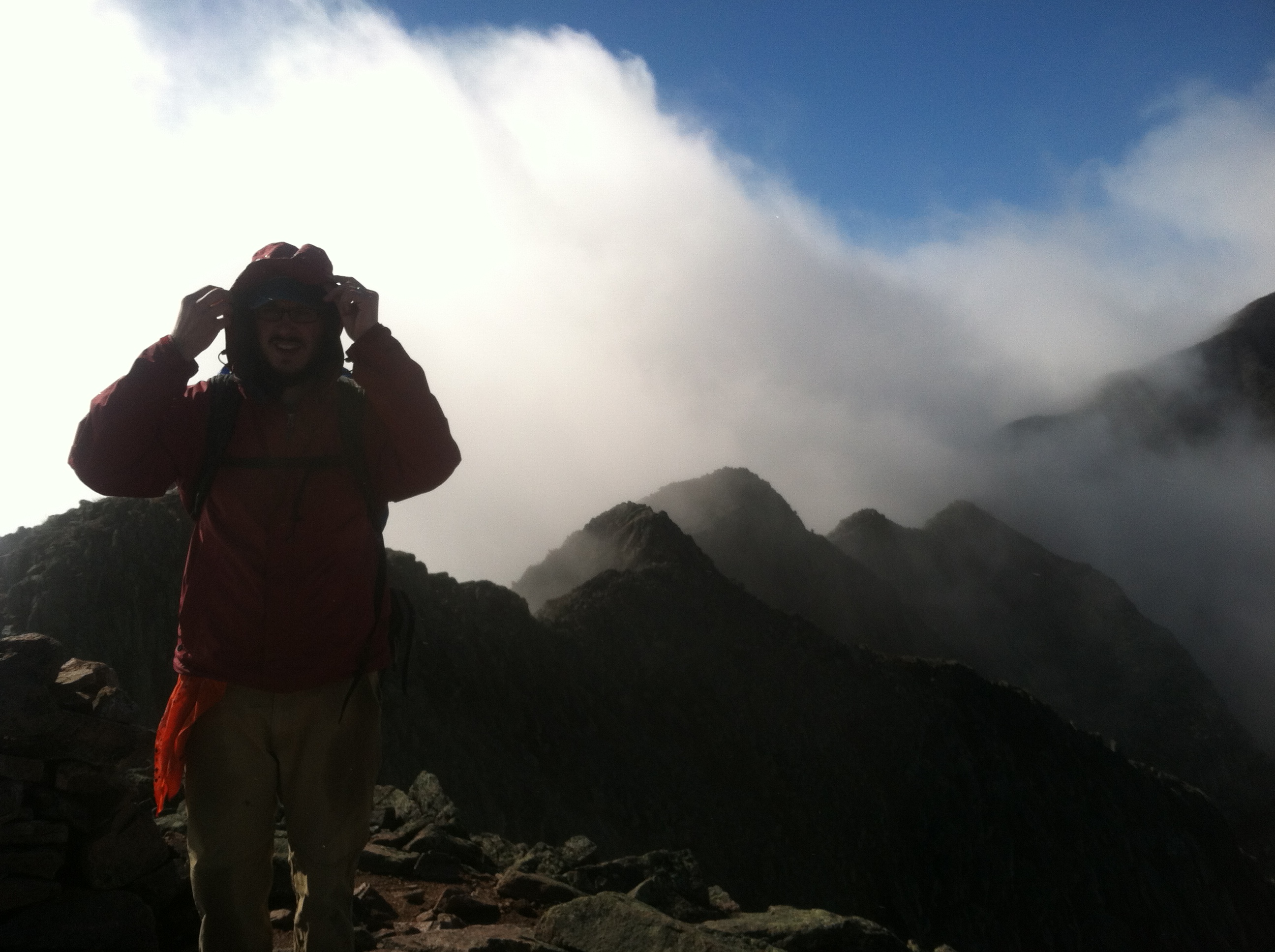
The second problem lies with our understanding of the term “wilderness.” Our Federal Government took a stab at it with the writing of the 1964 Wilderness Act. Ironically, and quite telling, they introduced the definition of wilderness by defining what it is not; it is not “a place where man and his works dominate the landscape.” From that shaky start, the writers of the act proceed to define wilderness as a place “untrammeled by man, where man is a visitor who does not remain” which is a statement racked with problems I will address later. While the Wilderness Act has done good, this fundamental idea that man and wilderness are separate and do not belong together except in rigidly controlled and structured camping areas has bred a generation of legal policy and individual ideology reflecting and compounding that incipient flawed logic and misinterpreted historical facts. It is from this basic misunderstanding that decades of decisions have been made regarding the regulation, control, and use of our country’s public wilderness lands. It is my belief that this misunderstanding far transcends our policies regarding wilderness areas and drives to the core of our current debate as to our place as humans on Earth.
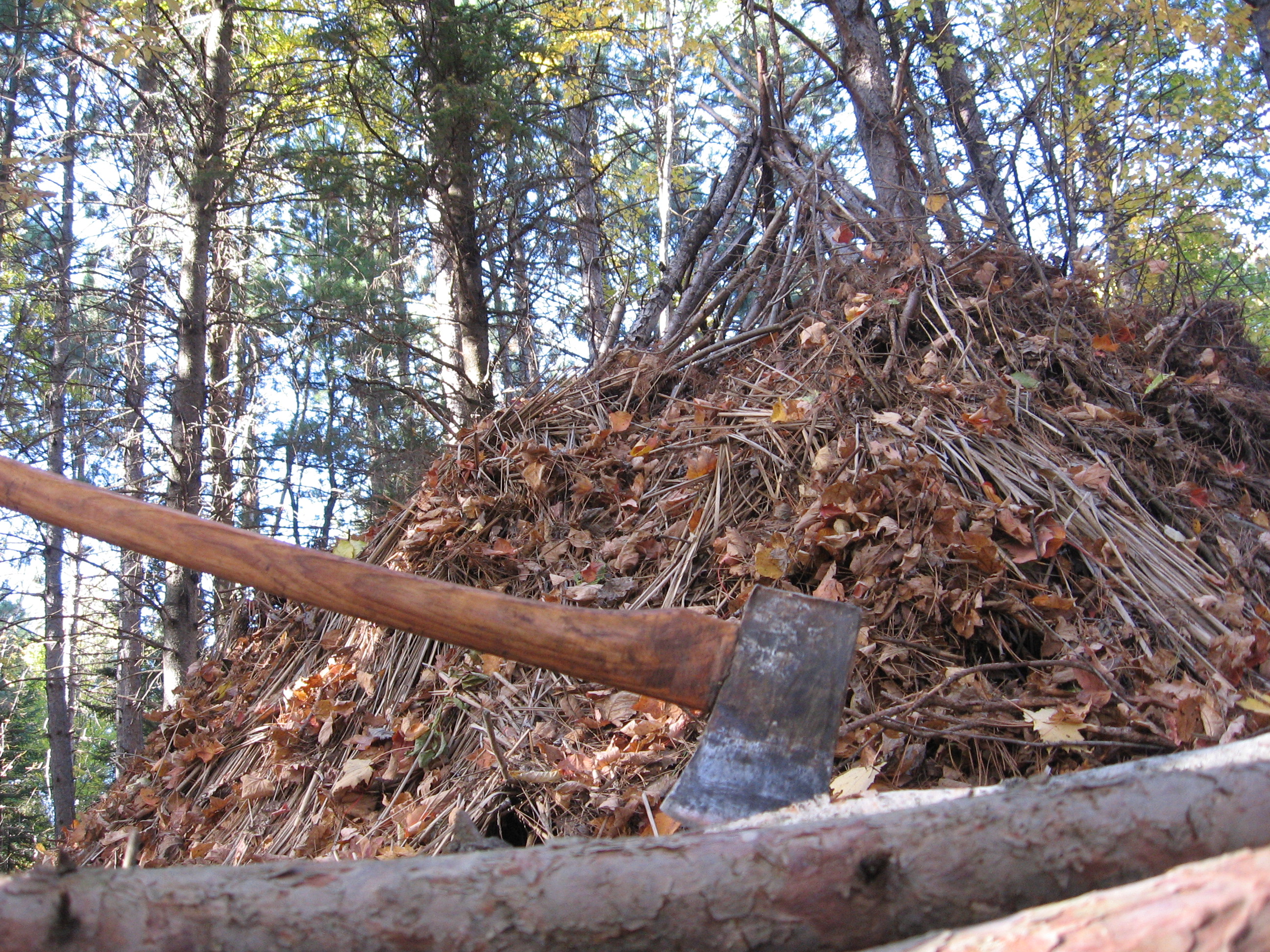
As this generation of writers and thinkers have stated over the past few decades, we need the wilderness; and there are nearly as many reasons why we need the wilderness as there are navel-gazing nature writers, so I feel safe leaving that work to others. The issue is that we will always need more form our experiences with nature than our current understanding (and governance) allows; we need living, eating, drinking, wearing, smelling, taking, hunting, killing, and dying with nature not just guardrails, pavement, and interpretive centers; and this need will always supersede our ability to preserve the “wilderness.” In short, we need to consume the Earth to live, and regardless of what laws and policies we write, no matter what we designate the land as, and no matter how much we try to altruistically save the wild for the flora and fauna, we will never be able to legislate our way around that fact that our connection with the wild is, and always has been red in tooth and claw.
 Why this modern approach to wilderness will never work is because it fosters a disconnect between our daily existence on Earth, think food, shelter, and medicine, and the natural world, i.e the wilderness. The problem is is that we crave authentic experience in nature, but the system set up to protect the wild doesn’t allow for that direct relationship, but it doesn’t stop us from trying to achieve that relationship anyway. That governmental “protection” of the wilderness pushes our desire to connect with nature on a meaningful level into a mold, a mold based on consumerism, artificial experience and a hands-off experience and actually may be doing more harm to ourselves and nature than good.
Why this modern approach to wilderness will never work is because it fosters a disconnect between our daily existence on Earth, think food, shelter, and medicine, and the natural world, i.e the wilderness. The problem is is that we crave authentic experience in nature, but the system set up to protect the wild doesn’t allow for that direct relationship, but it doesn’t stop us from trying to achieve that relationship anyway. That governmental “protection” of the wilderness pushes our desire to connect with nature on a meaningful level into a mold, a mold based on consumerism, artificial experience and a hands-off experience and actually may be doing more harm to ourselves and nature than good.
This is how you can explain the throngs of people who drive their colossal SUVs across the country, schlep 100 pounds of petroleum derived gear up a mountain, then turn around and go home to their energy hemorrhaging houses in the suburbs all in the name of “communing with nature”? So on one hand you have eco-minded folks aching to connect with nature but choosing to make that connection using ideas that simultaneously destroy the Earth, funny right? I refuse to believe it is because these people simply don’t care or don’t know better. Chances are they pay their yearly dues to the Sierra Club, are avid recyclers, and support environmentally progressive politicians, so it must be because they are enacting an ideology that tells them that it is ok to live with environmentally incongruous ethics- between what we preach at home and how we act in the wild, and that we can act as though we have the right, not the privilege to pursue this communion by any means available. This is the ideology of the 20th century that has contributed to the current environment crisis and that has fueled the commodification of the wild. Our society says that it’s ok to live this way, just keep buying! Unfortunately, we can’t keep buying forever.
Humans are not good at saving things, and why should we be? For thousands of years we lived in and among nearly everything we needed to thrive on a daily basis, and when those supplies ran short, we moved on. There was no need to save as there was always more (it was also unrealistic to save items as a nomadic lifestyle limits the amount of goods you can haul around). This has been the way of the human species for over 100,000 years and it is how we still are today. We have lived as consumers and disposers the same way that all life on Earth has since day one. Evidence of this can be seen in Central America among people who would be considered hunters and gatherers but have become a recently westernized peoples. Whereas it would be (should be) unheard of in America to absentmindedly discard a plastic wrapper anywhere other than a trash can, it is not uncommon to see people, from children to the elderly, well, litter. This is explainable when you consider that they are only a generation or two removed from living “off the land” where everything is biodegradable and can be thrown into the jungle where it would be recycled and reused. This mindset still prevails today without change, even though the biodegradability of the trash has.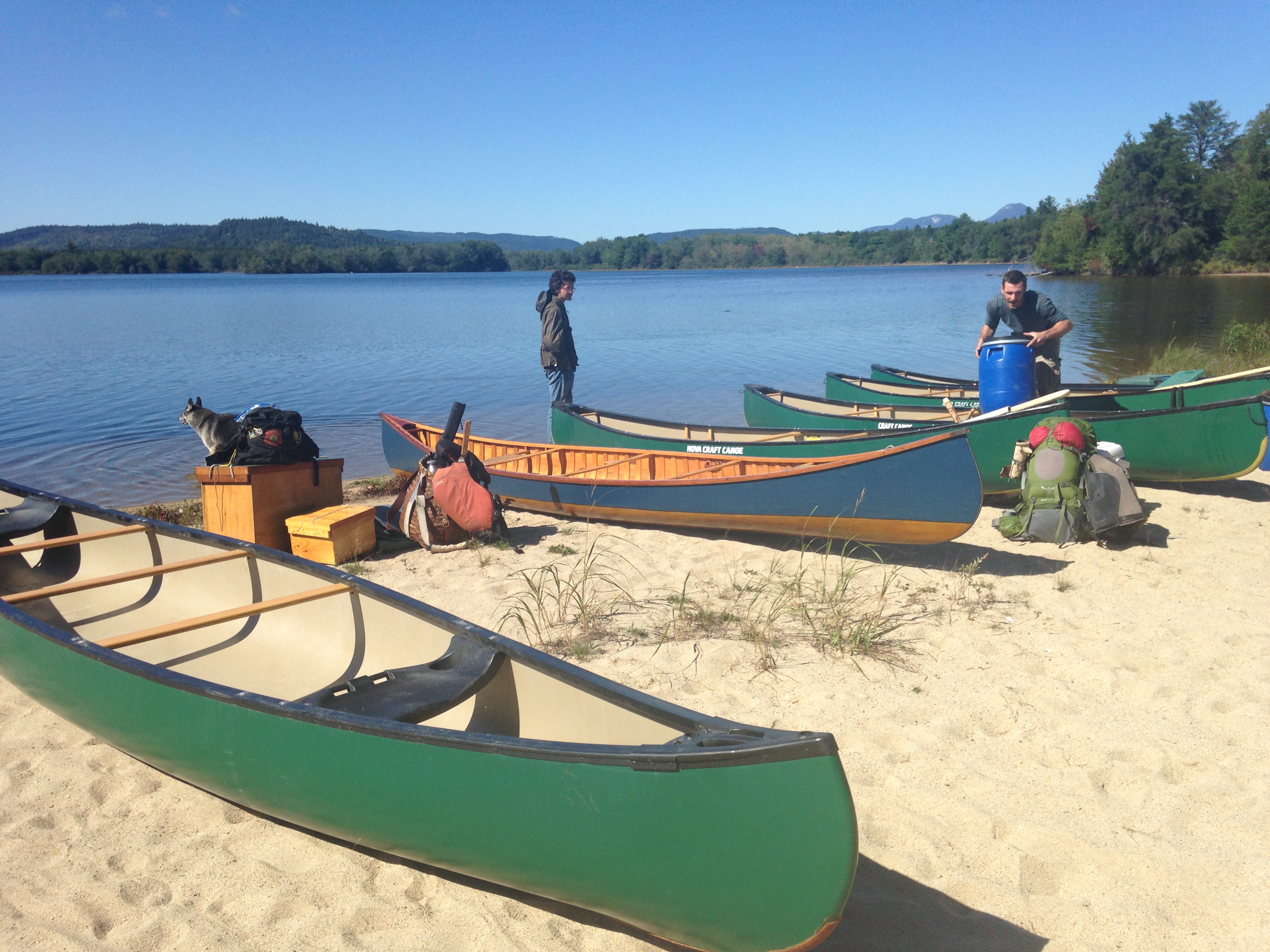
Today we are a culture acting as though we were still living in the late Pleistocene, as hard as that sounds to believe, and it is not likely to change any time soon. Evidence can be seen in the correlation between how we interact with the environment now compared with our old habits of hunting and gathering. While our hunting and gathering practices have changed over the years due to the introduction of deleterious religious beliefs and the corresponding agricultural and technological revolutions, our basic needs remain the same. We need food, water and the resources necessary to maintain our societal infrastructure and personal health. Granted, we may not accomplish this in a sustainable way these days, but the intention remains the same: to provide for our families. It is this last thought that, through no direct fault of our own, will forever doom our wilderness if our population remains so great. I saw a great example of this in Costa Rica on a small farm that abutted the rain forest just up the gravel road from our cabin. The patriarch of the farm was a nice guy who had a vast appreciation and reverence for the jungle, and had done a lot of work to re-establish endangered species around his area, but when asked he said he would not hesitate to level it all in order to provide for his family. That is what I mean by we are living like we did 10,000 years ago. 10,000 years ago it was perfectly fine to level a forest to provide for your people as our population was small enough to sustain such attacks on the commons, but the tragedy is that our population has ballooned and our needs haven’t, and this is where altruism just may not be enough, ask yourself: would let you family suffer or die off before you would slay the last fur seal in existence?
So why does wilderness matter? Because it is where we live, and we know no other way. It is not where we recreate, commune with nature, see bears, or camp. It is our home, our church, our grocery and our hardware store, and no matter how much concrete and plastic we cover it with, the fact cannot be concealed that we all need it, daily; we can’t live any other way (good luck to all you who claim to happily live off processed chemical food, pavement, and gigabytes- may your new species of humans prosper!). We get our wilderness in broccoli at the grocery story, a 2×4 at the lumber mill, and in the miracle of birth and death. Wilderness permeates everything we do and everything we make, it is as much of us as we are to it. Wilderness is a state of mind, a way of life and a spiritual ethos, not a place. The only way to save the land is to once again be in direct contact with it in the acquisition of those materials which make our lives possible. We need to change the way we view the wilderness and our place within it, only then will we have the connection with the land necessary to make to sacrifices necessary to save it.
